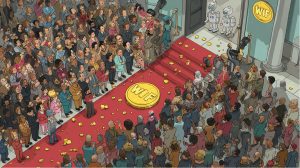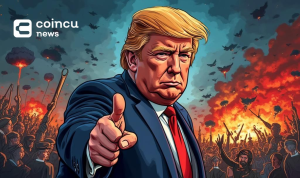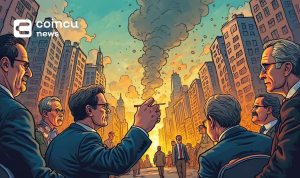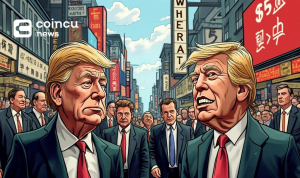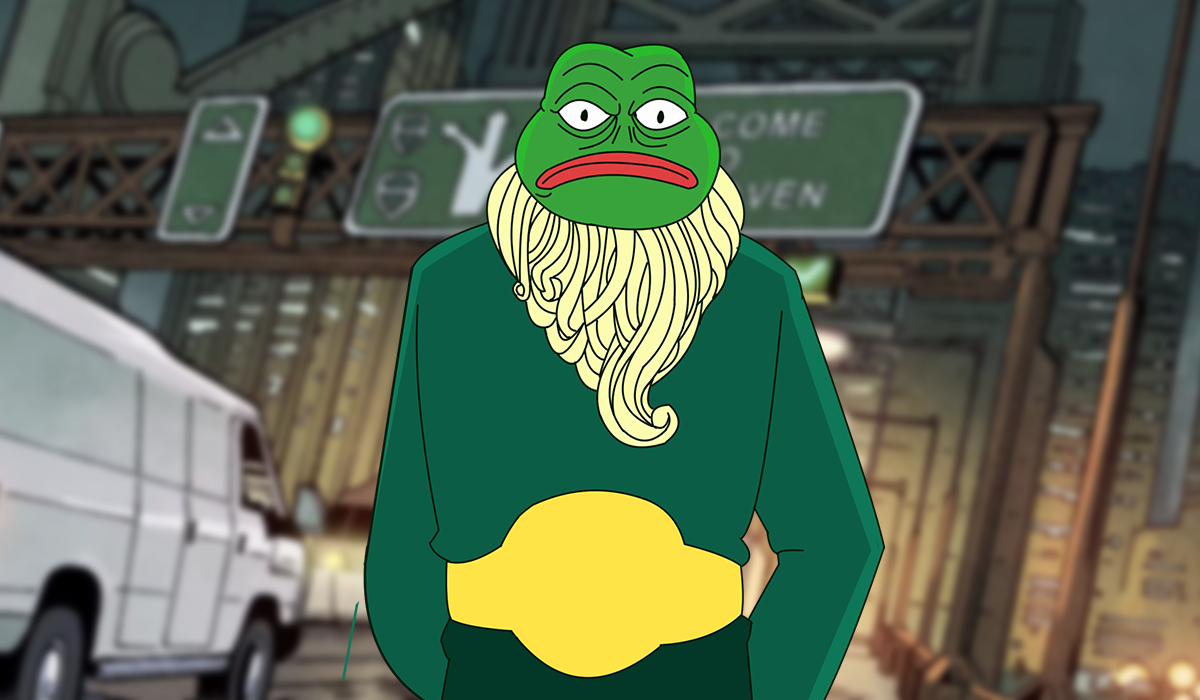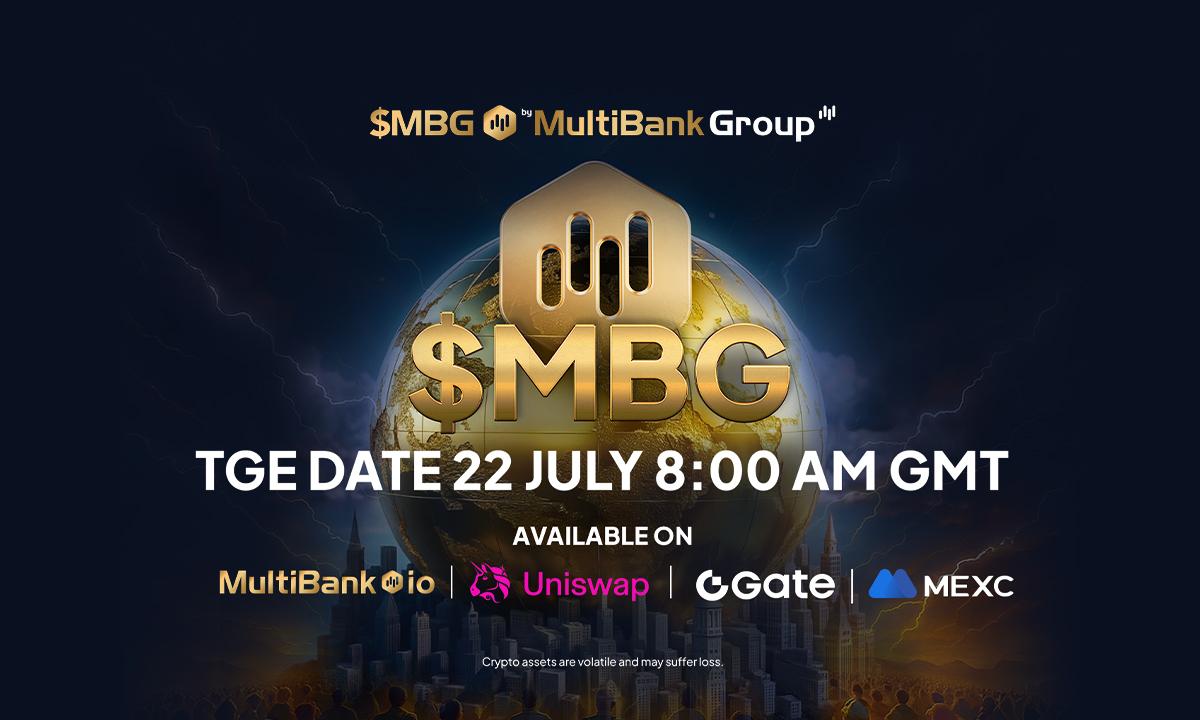Key Points:
- VCs that had to write down their investments in the millions of dollars to almost nothing raises “serious questions” about the due diligence carried out during the previous year, according to CFTC Commissioner Christy Goldsmith Romero.
- The CFTC official expressed worry over FTX CEO John Ray’s court testimony on the lack of records and controls over the exchange’s financials.
- The CFTC is forced to enquire into the institutional investors’ thinking due to the absence of recordkeeping and an auditor no one’s ever heard of.
The Commodity Futures Trading Commission (CFTC) is investigating the bankrupt cryptocurrency exchange FTX and has raised concerns about institutional investors’ care and responsibility for the loss of user monies.

According to CFTC Commissioner Christy Goldsmith Romero in an interview with Bloomberg Television, the collapse of Sam Bankman-Fried’s FTX cryptocurrency empire raises “serious questions” about how thoroughly venture capitalists and money managers examined his operations prior to investing client funds.
“What kind of due diligence did they conduct? Why did they turn a blind eye to what should have been really flashing red lights?”
Such issues arise if a fund invests millions of dollars but then needs to totally write it off a year later, the regulator said. She expressed worry over the claims made in court by FTX CEO John Ray that he lacked records and controls over the exchange’s financials.

Given the interconnection of the cryptocurrency business, Goldsmith Romero said it is important to take into account whether backers may have had possible conflicts of interest. She assumed that the VCs supporting FTX disregarded the warning signs during due diligence, which raised more concerns about their participation.
“Were there some conflicts that prevented them from really paying attention to the due diligence and the facts that they were uncovering?” she said.
The CFTC is forced to enquire into the institutional investors’ thinking due to the absence of recordkeeping and an auditor no one’s ever heard of. Romero posed a series of inquiries in this regard:
“How is that possible? So do they turn a blind eye to it? Were they just distracted by this promise of innovation?”
Previously, as Coincu reported, Bankman-Fried had $697 million in cash and assets seized by federal prosecutors. The majority of these assets were Robinhood shares.
DISCLAIMER: The Information on this website is provided as general market commentary and does not constitute investment advice. We encourage you to do your own research before investing.
Join us to keep track of news: https://linktr.ee/coincu
Harold
Coincu News













